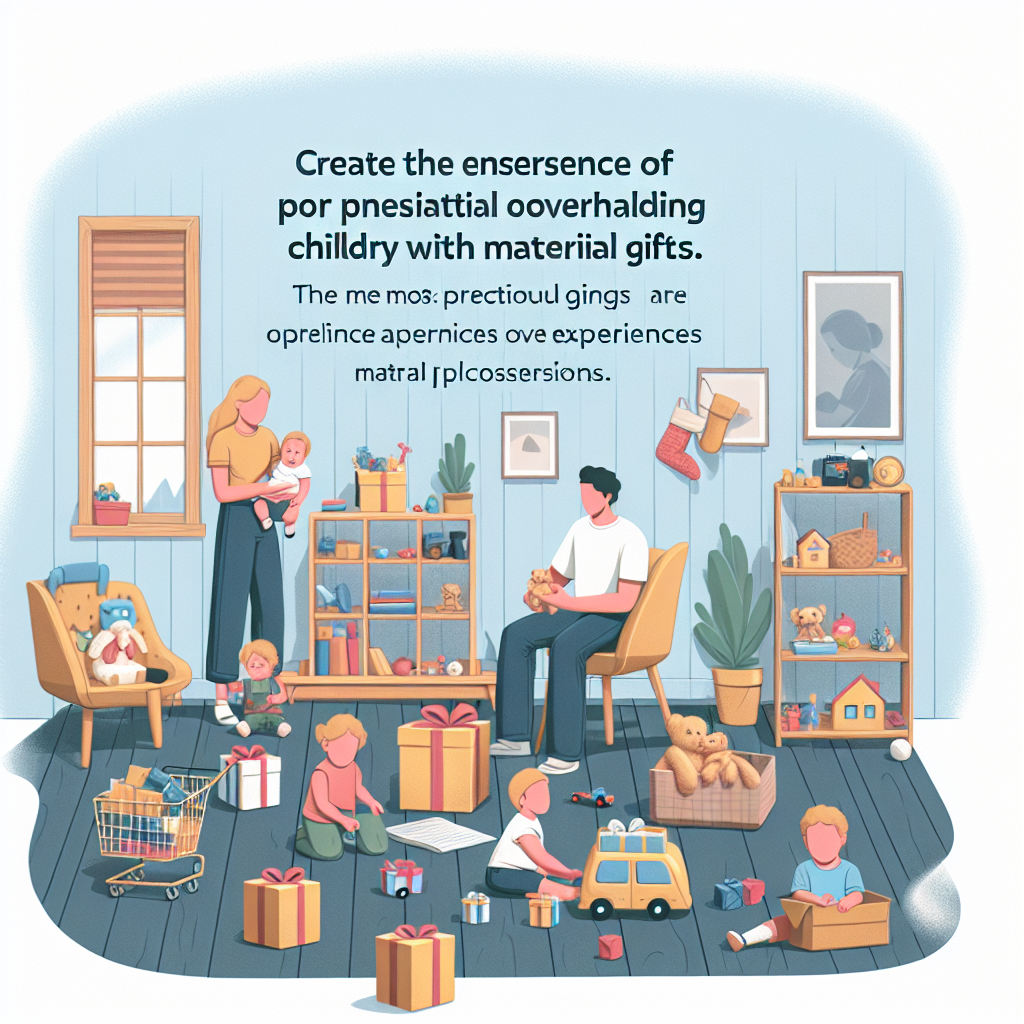Child Development: A Complete Guide to the Essential Stages
Motor Development
The child's motor development includes a series of essential stages that lead to the strengthening of muscles and accommodation to the surrounding world. From grasping an object with their little fingers to taking their first steps, every moment is a milestone in their growth. In the modern world, children are often surrounded by a lot of toys that promise to stimulate their motor development. But surprisingly, by giving them fewer gifts, you allow them to explore more with what they have, which can boost creativity and dexterity.
Language development
Communication is a vital aspect of a child's development. The process of language learning begins at birth and continues throughout life. Gifts, in excess, can become a source of distraction for children, inhibiting their ability to focus on language learning. Human interactions, role plays and stories are far more effective tools for language development than any electronic toy full of sounds and lights.
Conclusion
In conclusion, giving children fewer gifts is a concept worth considering. In addition to helping them appreciate what they have more, it also develops their creativity, enhances their motor and language skills and teaches them about the value of things. It's important to remember that the most precious moments come from experiences, not objects. A child who learns to value relationships and experiences will grow up with a solid foundation to develop vital life skills.
Five Reasons to Give Fewer Gifts to a Child
In today's society, there is a tendency to overload children with gifts, especially during the holiday season or birthdays. This behavior is often fueled by the belief that such gestures are proof of unconditional love. However, studies and experience show that fewer gifts may actually be more beneficial for child development.
1. Stimulation of Imagination and Creativity
By giving your child fewer toys, you're actually giving him the space to use his imagination. Children are masters at turning mundane objects into vehicles for fantastical adventures. A cardboard box becomes a spaceship, a stick becomes a master sword. The fewer toys they have, the more tempted they are to create and explore in ways we couldn't imagine.
2. Cultivating Appreciation for Things
When children are bombarded with gifts, they can become desensitized to their value. Instead, when they receive fewer objects, they learn to value the ones they have. He learns to keep his toys in good condition and enjoys each one to the fullest. This not only teaches them about appreciation, but also about responsibility and care for their possessions.
3. Promotion of Interpersonal Relations
Human interactions are far more precious than any material object. Children who are not used to receiving many gifts learn to find joy in their relationships with others. Role plays, conversations and group activities become essential and are an excellent opportunity to develop social and communication skills.
4. Reduction of Overstimulation
Too many toys can lead to over-stimulation. The child can become overwhelmed by the number of choices he has, which can lead to a decrease in attention and concentration. With fewer options, the child learns to focus on a task for a longer period of time, thus developing focus and attention.
5. Encouraging a Minimalist Lifestyle
In a world where overeating is becoming more prevalent, teaching your child the value of a minimal lifestyle is a valuable lesson. Children who are less dependent on material objects develop independence and self-confidence. This approach can help them make healthier consumption and lifestyle choices in the future.
In a world where "more" is often considered synonymous with "better", giving children fewer gifts is a counterintuitive idea with many benefits. As parents, it is essential to consider the impact that gifts have on our child's development. By choosing to be more selective and aware of the gifts we give, we can give our children a healthier start in life.














































































































































